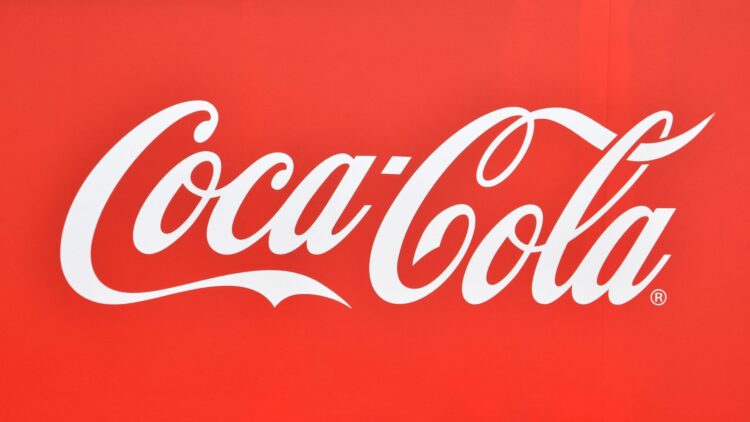With climate change being such a threat to the world as we know it, many companies have decided to make their products and packaging greener to help support the initiatives. Surprisingly, there is one big company that has not shown willingness to do this and is in fact taking the opposite stance despite their corporate PR claiming otherwise, and that is Coca-Cola, who we now know supports fracking initiatives.
The sad part is that they are not the only ones, a study by Stand.earth found a very disturbing trend of 25 well-known consumer brands that were linked to fracking in the Permian Basin of Texas, one of the world’s biggest carbon contaminants because of the massive amounts of pollution that it produces and how it contributes to global warming. Most of the companies featured in this study were part of the groups Coca-Cola, Unilever, Nestlé, and Procter & Gamble, which are some of the biggest conglomerates in the world and account for a big percentage of consumer goods and foods sold all around the world.
The problem with fracking
By definition, fracking involves injecting either water or acid at a high pressure into the earth in order to force any remaining natural gas or crude oil to rise to the surface so it can be more easily extracted. Unlike traditional ways of extracting crude oil, it creates significant environmental damage, causes tremors or small earthquakes and contaminates water sources nearby either by dumping the byproducts or by forcing the natural gas and oil to escape through paths of least resistance that are not part of the operation.
This is not a new complaint, many communities have banded together over the years to protest and prompt politicians to ban fracking and stop giving permits to companies that do it, but the money in legal bribes seem to be too good to pass up on, and not even videos of people being able to light their tap water on fire seem to deter them from continuing not only to destroy the planet, but also make these communities sick.
Yvette Arellano, founder and executive director of Houston grassroots environmental justice organization Fenceline Watch, told Euronews about the reality of fracking “From toxic extraction in the Permian Basin to poisonous production along the Houston Ship Channel, the cost is irreversible damage to our children’s health — low birth weights and reproductive and developmental harm — spanning generations.”
While most people think of crude oil and natural gas when it comes to fracking, another byproduct is ethane, which is used to fuel the plastic industry and likely where the interest of these companies, including Coca-Cola lies. The problem with plastic is twofold, it does not degrade, but it does break down into smaller pieces called microplastics that can enter the bodies of animals and humans and cause significant issues.
The United Nations Environment Programme has reported that tens of millions of tons of plastic find their way into bodies of water annually, polluting drinking sources, endangering marine ecosystems, and harming wildlife. Meanwhile, findings in Science Advances point to Coca-Cola as the leading contributor, accounting for a significant portion of global plastic waste.
The reason why Coca-Cola investing in fracking is so problematic
Apart from the destruction of our planet, the main problem is the greenwashing they partake in. Coca-Cola is involved in many eco-friendly initiatives like World Without Waste, but considering their investments, their commitment to increase its global recycled plastic use to 30-35% by 2035 seems quite hollow. Using new plastics is not a necessity nowadays, there are plenty of safer alternatives available like recycled plastics and even bio-based plastics, but Coca-Cola does not seem to be on board with changing their practices.
Delphine Levi Alvares, global petrochemicals campaign manager at the Center for International Environmental Law, told Euronews that brands often forget “their primary business is not packaging, it’s really bringing products to people.”

